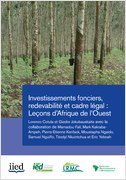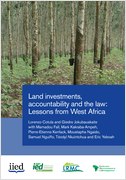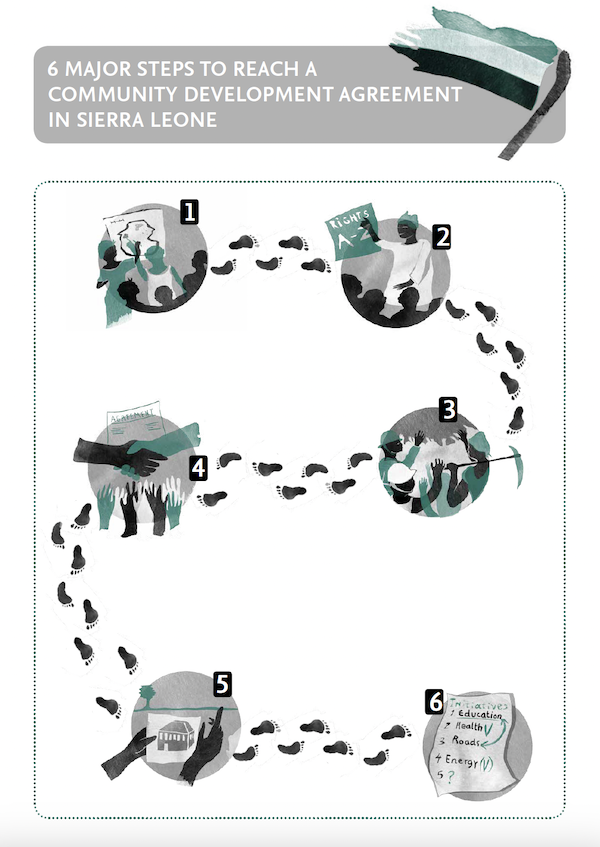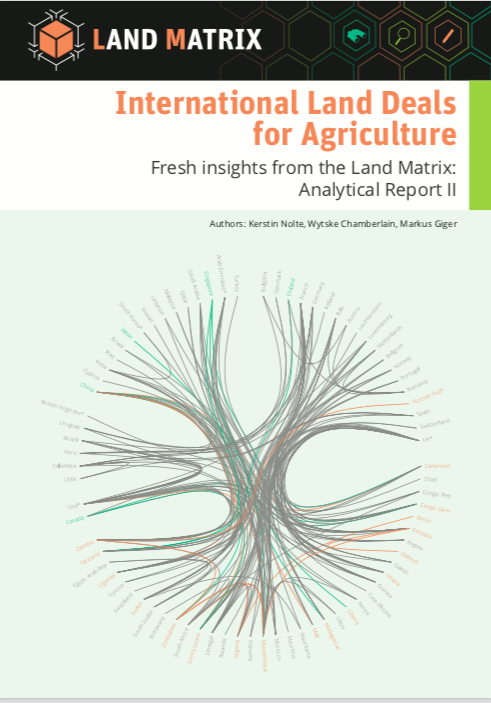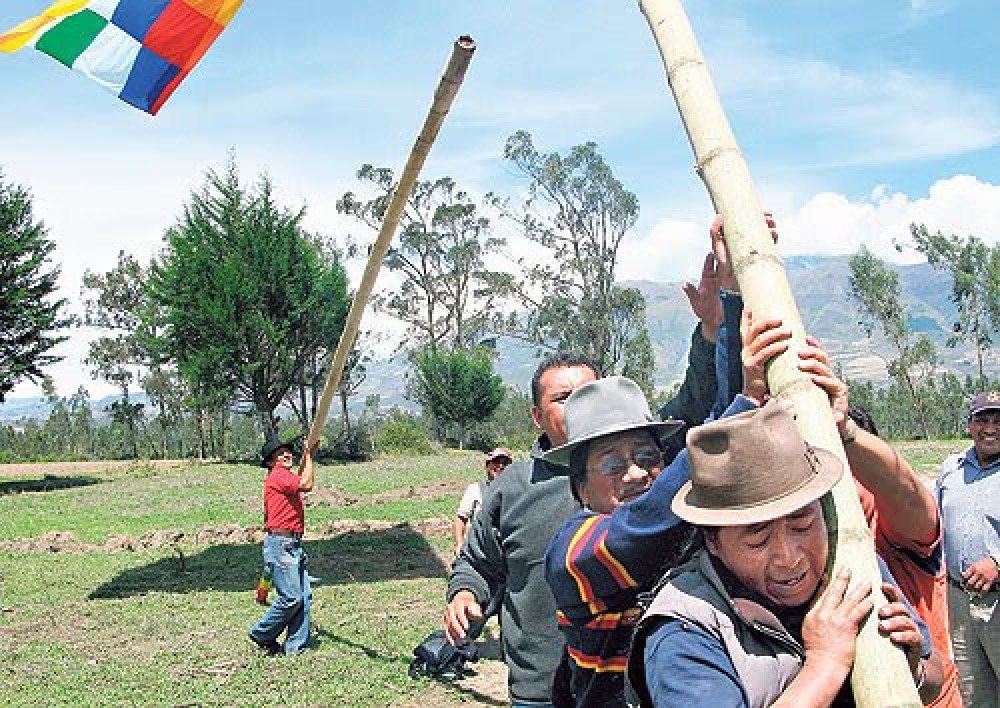Land investments, accountability and the law: Lessons from West Africa
The recent wave of land deals for agribusiness investments has highlighted the widespread demand for greater accountability in the governance of land and investment. Legal frameworks influence opportunities for accountability, and recourse to law has featured prominently in grassroots responses to the land deals.
Assembling Resistance Against Large-Scale Land Deals: Challenges for Conflict Transformation in Bougainville, Papua New Guinea
Responding to the academic void on the impact of socio-ecological conflicts on peacebuilding and conflict transformation, I turn to resistance against large-scale land acquisitions in post-war contexts. Promising in terms of reconstruction and economic prosperity, the recent rush on land may, however, entail risks for reconciliation processes and long-term peace prospects.
6 Major Steps to Reach a Community Development Agreement in Sierra Leone
There is a growing recognition that Community Development Agreements (CDA) - if effectively implemented - can promote long-term development benefits for communities affected by mining operations as well as improve relations between extractive companies and communities.
Land deals and the law: Grievances, human rights and investor protection
Host governments seeking to address the grievances of people adversely affected by land-based investments must navigate a complicated landscape of legal obligations and pragmatic considerations.
Report of the Expert Committee on Land Leasing
This report is in pursuance of the communication of the NITI Aayog, Govt. of India, vide order No. Q11022/12/2015-Agri dated September 07, 2015 to constitute an Expert Committee, for preparing a Model Agricultural Land Leasing Act, based on critical review of the existing agricultural tenancy laws of States and keeping in view the need to legalize land leasing.
Land Deals in Africa: Pioneers and speculators
Much African land currently has low productivity and has attracted investors leasing land as a speculative option on higher future prices or productivity. To be beneficial land deals need to induce productivity enhancing investments.
International Land Deals for Agriculture
Large-scale land acquisitions continue to be an important issue for governments, development organisations, NGOs and farmers’ organisations all over the world; this remains the case even in times of global economic slowdown, recession and crisis.
Land deals and investment treaties. Visualising the interface
International investment treaties are an important part of the legal frameworks governing foreign investment. This report measures the extent to which they apply to agribusiness investments initiated as part of the recent wave of large-scale land deals in low and middle-income countries. It finds that 70% of ‘land grab’ deals worldwide are protected by at least one investment treaty.
How can governments and investors be held to account for land deals in Africa?
Comments on the IDRC workshop on LSLAs and accountability in Africa, Dakar, 24-25 November 2015. The current IDRC programme supports 5 action research projects across 10 countries in West, East and Southern Africa. They investigate how to build accountability over land governance. This requires a multi-level strategy at both policy and community level.
Large-Scale Land Acquisitions
Includes the commodification of land, the effects of the land rush in developing countries, land rush land grab?, how much land is involved?, can land deals work for small farmers?, the actors involved in large-scale land acquisitions, legal frameworks protect the investors, international mechanism for protecting human rights, at national level little protection for the poor.
Tierra y aprecio: El caso de los Jatarishun en la Comunidad de la Calera
Caso de comunarios que a pesar del régimen de violencia material y simbólica que enfrentan, continúan la lucha por un pedazo de tierra para reproducir la vida. La Calera es el territorio donde durante 20 años de disputas entre 17 comuneros y comuneras indígenas y el poder financiero y los terratenientes de herencia colonial, se enfrentaron por la propiedad y el uso de nueve hectáreas.

